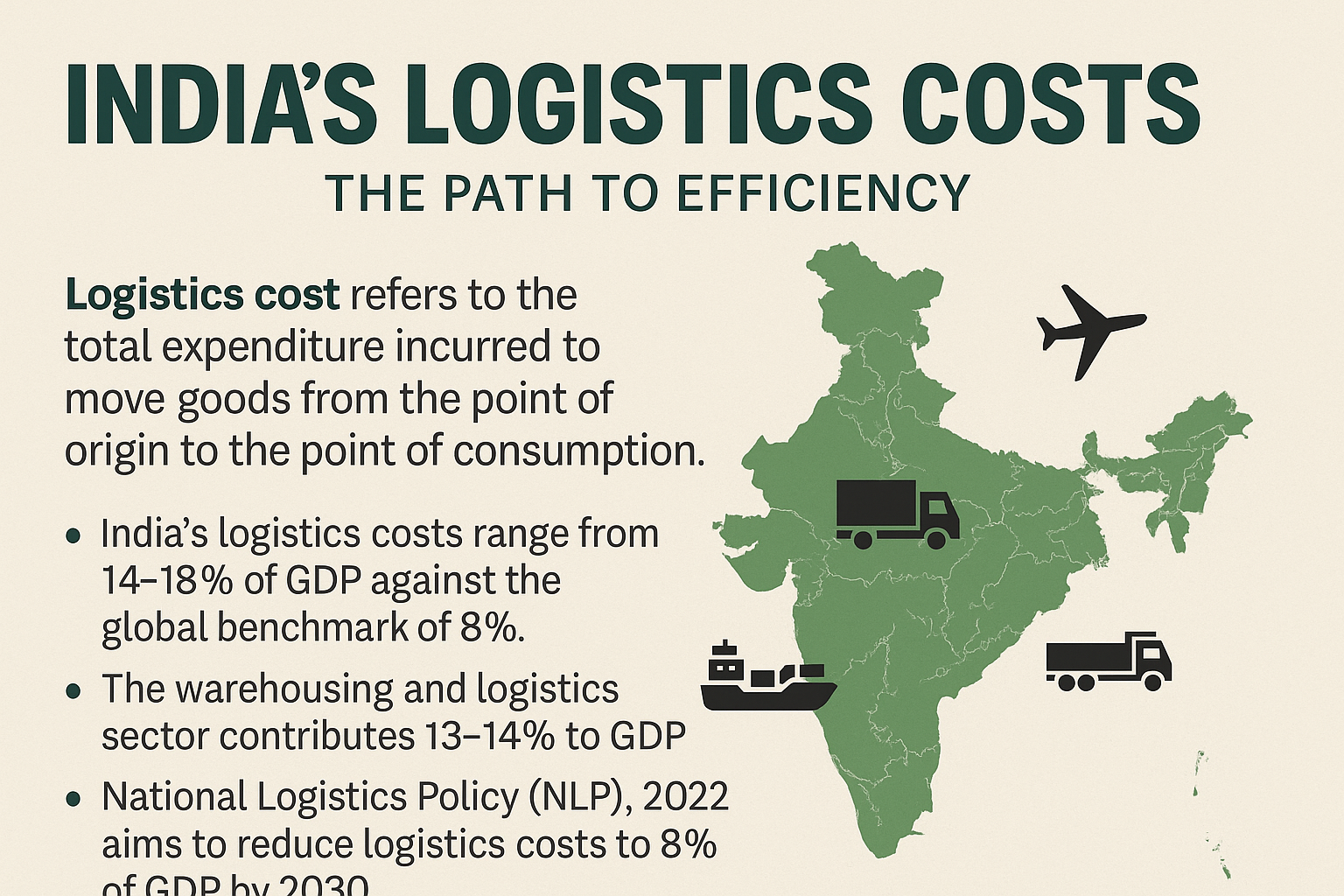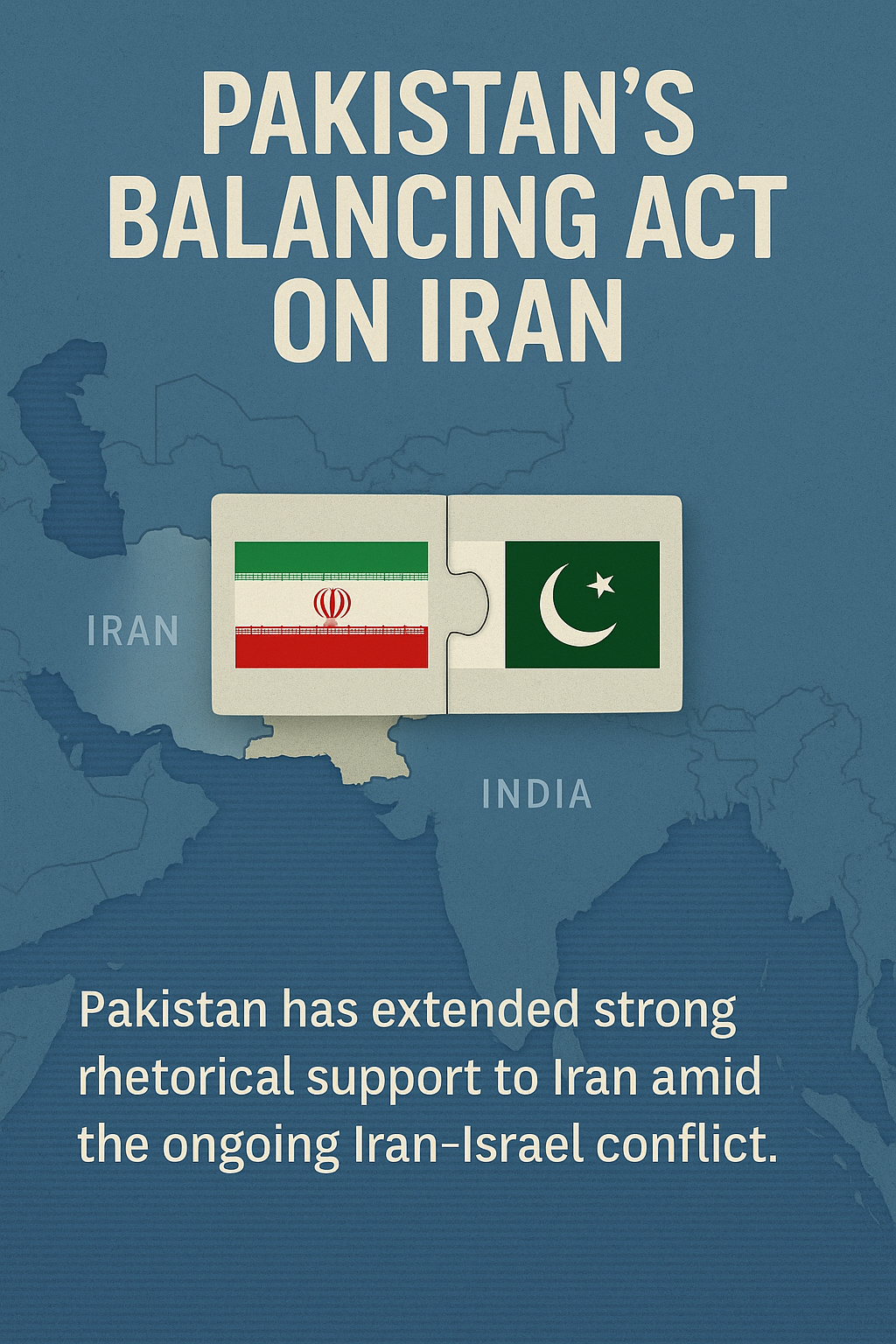209.
🌍 Energy & Climate Innovation
💧 Green Hydrogen – Bridging the Ambition Gap in the Global Energy Transition
Despite a flurry of green hydrogen project announcements, actual implementation remains limited, according to a recent study by the Potsdam Institute for Climate Impact Research.
As the world races toward climate targets, the disconnect between vision and viability in the green hydrogen sector has become increasingly evident.
🌐 Current Project Landscape
- In 2023, 190 green hydrogen projects were tracked worldwide
- Of the projected 4.3 GW capacity, only 0.3 GW has been installed
- Success rate: A mere 7%
- Delays widespread:
- 86% of projects announced in 2021 missed their deadlines
These numbers underscore a critical lag in turning bold announcements into tangible infrastructure.
🔭 Future Ambitions – A Surge in Pipeline
- Since 2021, the global pipeline has tripled to 422 GW
- Europe leads in capacity announcements, followed by:
- Australia
- Central and South America
- The scale of ambition reflects rising urgency to stay within the 1.5°C climate goal
Yet ambition alone isn’t enough—execution must catch up.
⚠️ Key Challenges Slowing Implementation
Three main bottlenecks persist:
- 📈 Rising electrolyser costs
- 📉 Lack of long-term offtake agreements
- 🏛️ Insufficient policy support and subsidies
These factors contribute to investor hesitation and stalled rollouts across regions.
💸 Investment Needs
- Realising current green hydrogen targets will require global subsidies worth US$ 1.3 trillion
- This figure exceeds current government commitments
- Without a robust global carbon pricing framework, meeting these goals remains uncertain
🔬 Technological Advancements – The Path to Viability
Green hydrogen depends on renewable energy-powered electrolysis.
Innovation is key in areas like:
- Electrolyser efficiency
- Hydrogen storage
- Grid integration
Lowering production costs through tech evolution is vital for mainstream adoption.
🚜 Sectoral Applications – From Fields to Fuel Cells
Green hydrogen holds immense promise in hard-to-decarbonise sectors:
- Agriculture:
- Fuel for tractors and irrigation pumps
- Transport:
- Power for hydrogen fuel cell vehicles, particularly in heavy-duty segments
It offers a fossil-free alternative for industries with limited electrification options.
🏗️ Infrastructure & Safety – Foundations for Scale
- A robust infrastructure ecosystem is needed for:
- Production
- Storage
- Distribution
- Due to hydrogen’s flammability, stringent safety protocols must be enforced at all stages
Safety and reliability will build public trust in this emerging energy source.
🇮🇳 India’s Green Hydrogen Mission
India is gearing up to become a global hub through its National Hydrogen Mission:
- Mandated consumption obligations for select industries
- Developing green hydrogen hubs for production and export
- Fostering research and innovation in clean hydrogen technologies
India’s approach balances policy, innovation, and industrial integration.
🧭 Way Forward – Building a Real Green Hydrogen Economy
To close the implementation gap, nations must:
- Lower production costs with efficient electrolysis technologies
- Introduce regulatory incentives and risk-sharing mechanisms
- Foster multi-stakeholder partnerships
- Invest in awareness, workforce training, and capacity building
🕯️ Green hydrogen is more than a molecule — it’s a promise for a cleaner, resilient future. But only action will unlock its potential.















